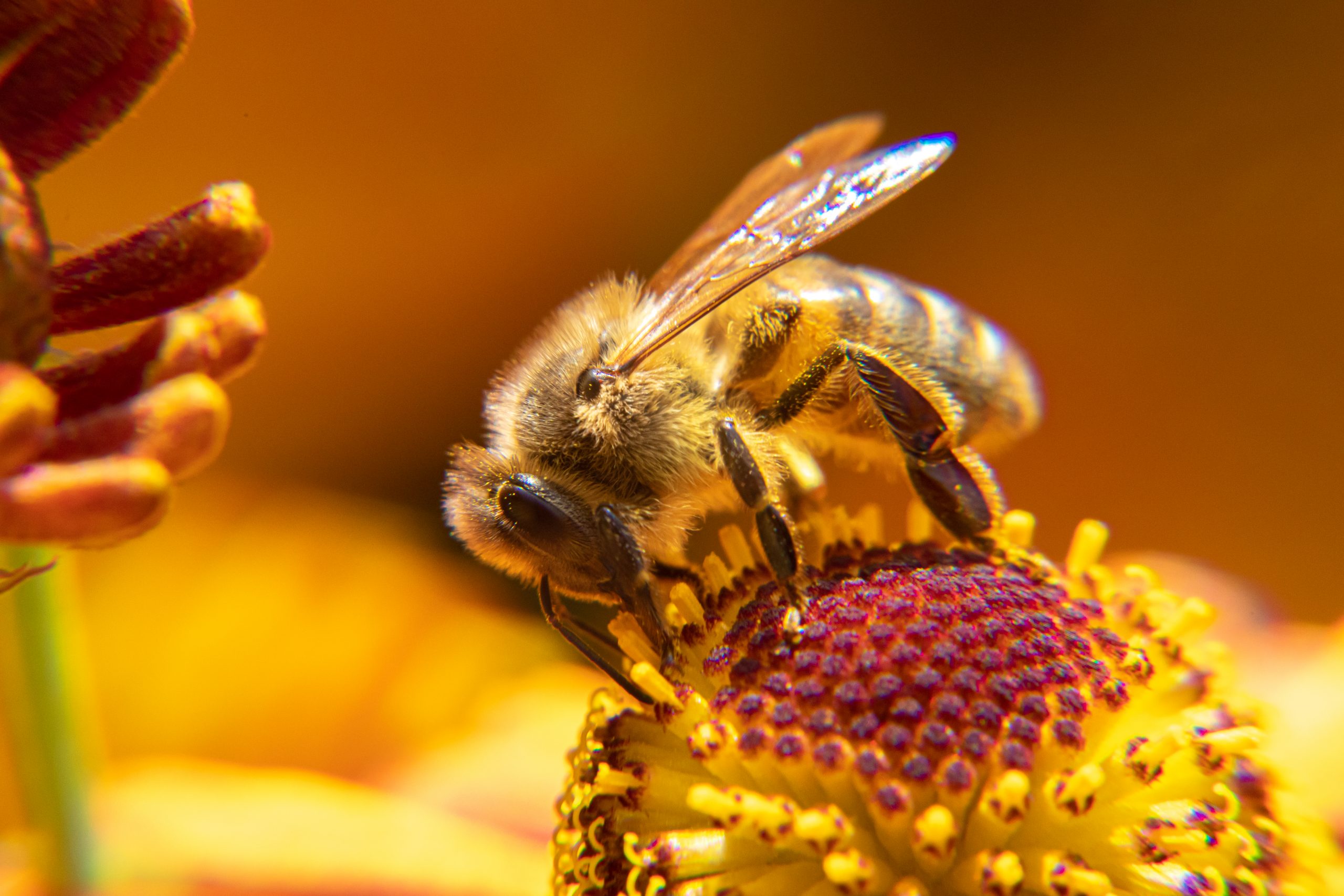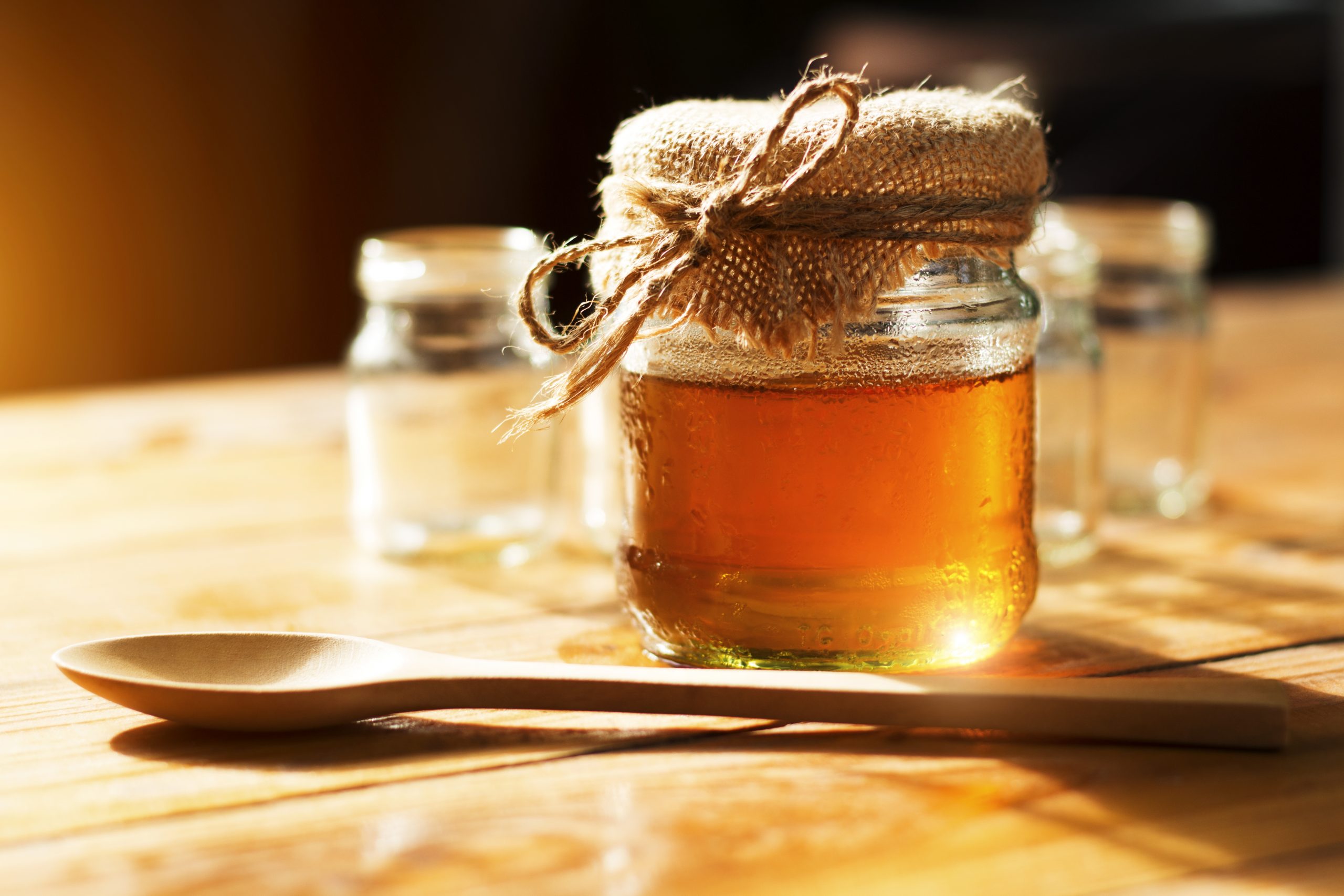It has been used for its antimicrobial properties since ancient times and the scientists are proposing to incorporate it more to help regular antimicrobial drugs which are becoming less effective in the face of growing resistance.
Some studies haves shown antibiotic-resistant bacteria can be more susceptible to antibiotics when honey is used in tandem.
The researchers reviewed more than 250 articles over 85 years and published their review in the journal Pharmaceutics.
They say the exceptional antimicrobial and tissue-regenerative properties should be fully utilised to help with healing wounds.
“Honey has exciting antimicrobial properties and has been used in traditional medicine to treat wounds since ancient times,” said lead scientist Joel Yupanqui Mieles.
“The ancient Egyptians utilised it to treat wounds and there are direct references to honey consumption in the Bible and the Quran.

However, more work is required to identify and quantify the compounds of the sweet substance in order to make it more reliable and standardised.
“Though the repository of compounds within honey may have immense medical benefit, further research is required to understand more about how they work and how they can be delivered to wounds effectively and safely in a standardised way.
Those compounds include phenols, defensin-1, and methylglyoxal (found in manuka honey). The acidity and low water availability also contribute to healing properties.
Its stickiness also gives an effective hydrated barrier between a wound site and external environment.
The antimicrobial activity of honey also includes the ability to kill or slow fungi and viruses spreading.
“One thing is certain: rising global antibiotic resistance is stimulating the development of novel therapies as alternatives to combat infections – and honey, we think, has a role to play in that,” Mieles said.






